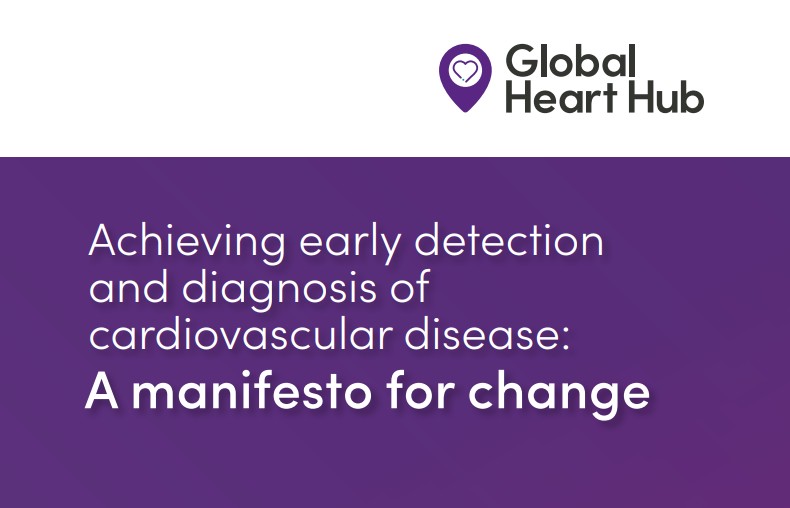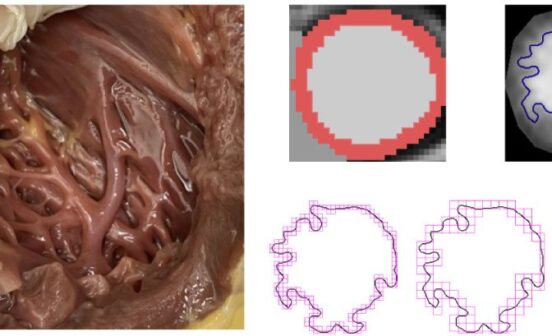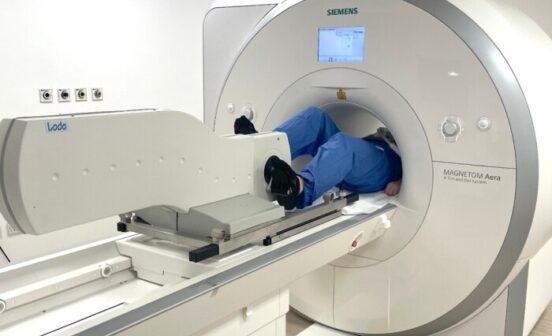GuidelinePPIE Imperial BRC Theme Lead Contributes to Patient-led Global Heart Hub Manifesto

We are delighted that Imperial BRC’s Cardiovascular Theme Lead Prof James Ware has contributed to Global Heart Hub’s patient-led manifesto for cardiovascular disease (CVD) prevention. Highlights of the manifesto have just been published in the prestigious PharmacoEconomics journal, with Professor Ware as one of the six authors of the article.
The global patient-led manifesto, which Global Heart Hub has described as a ‘first of its kind’, was developed collaboratively by 125 international patient advocates. The patient advocates were supported by multidisciplinary expert opinion leaders, including from Imperial: James Ware, Professor of Cardiovascular and Genomic Medicine and honorary consultant cardiologist, and David Wood, Emeritus Professor of Cardiology.
Early detection and diagnosis of cardiovascular disease can dramatically reduce the burden of illness, improve quality of life for patients and their families, reduce the overall societal burden of chronic disease and substantially enhance population health.
The manifesto outlines eight actions to achieve early detection and diagnosis:
- Inform – run public campaigns on the risk factors and symptoms
- Detect – implement targeted early detection programmes at different stages of life
- Test – adapt clinical processes to enhance early detection and diagnosis
- Go digital – leverage digital technologies
- Train – optimise workforce training and capacity for early detection and diagnosis
- Research – increase investment in research into early detection and diagnosis
- Guide – advance policy development and international partnerships
- Access – promote equitable access.
Professor James Ware, co-lead of Imperial BRC’s cardiovascular theme, said: “This patient-led manifesto sets out how we can significantly improve early detection and diagnosis of cardiovascular disease, which would make a huge difference to people across the country.
“I’m passionate about supporting patient involvement in healthcare, in particular for shaping policy and research. So I was pleased to be invited to contribute to this project, alongside my colleagues, and to have the chance to help the voice of our patient advocates to come across so strongly.”
In the highlights article, the authors conclude: “This narrative review and Global Heart Hub’s manifesto highlights the importance of equity in improving the lives of people living with CVD through early diagnosis and intervention, thereby preventing CVD events, reducing health inequities and limiting future economic burden to society. This can be achieved through:
- Reconsidering how we evaluate the CE of disease prevention in terms of accurate lifetime risk, discounting and the use of novel methods (MR and equity-informed analysis).
- Research to further grow the evidence base for CVD prevention that involves people with lived experience of CVD, including those from marginalised groups.
- Translating the economic evidence into practice by advocating for intersectoral policies for CVD prevention that address the SDOH.”
Read the summary of the manifesto, including more details on the eight actions.




